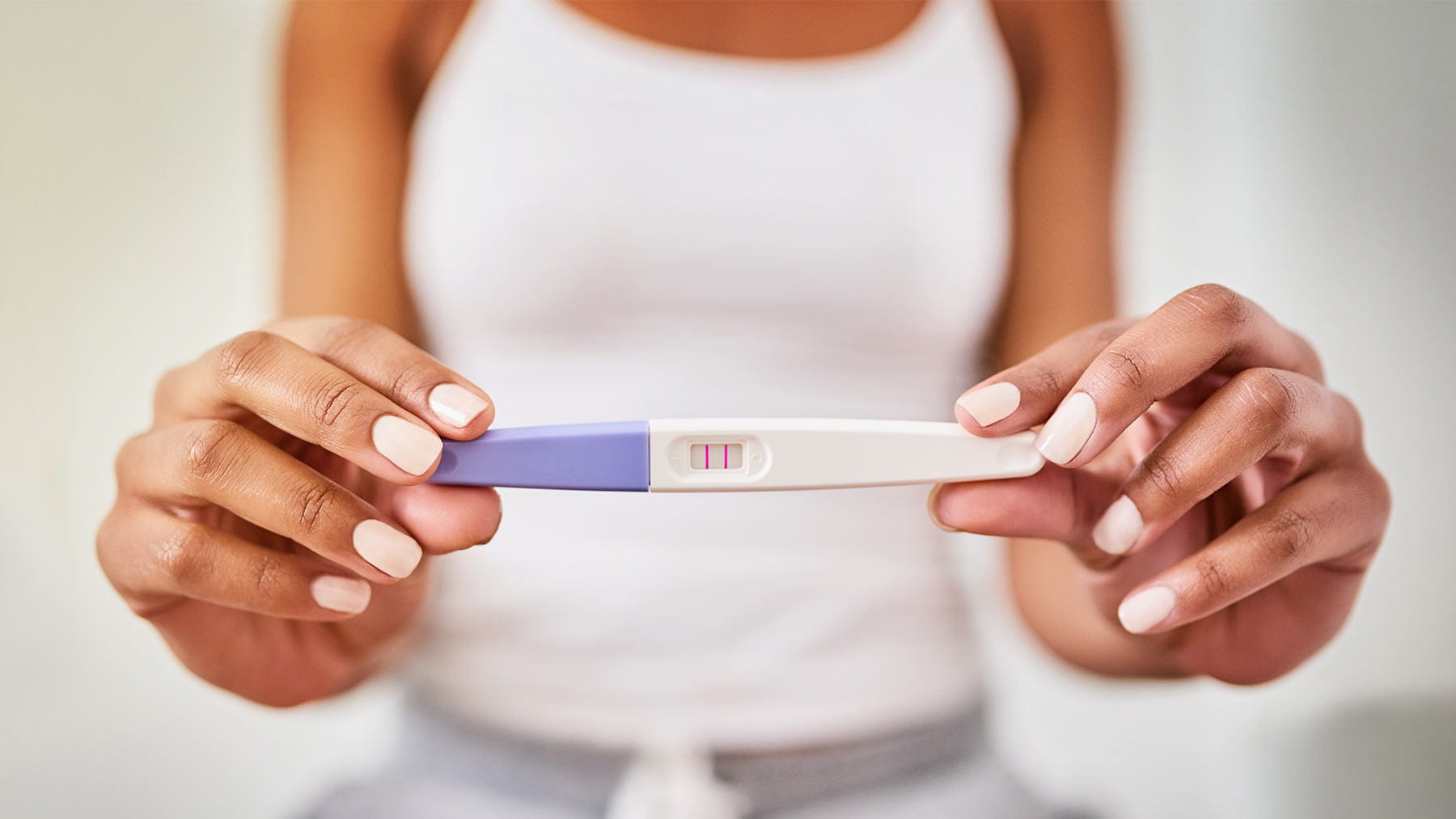Effective Ways to Avoid Unwanted Pregnancies
While having a baby can be the most precious experience, not everyone is ready to get pregnant. The last thing you want to happen is to bear a child and get an abortion for many reasons. The worse thing is to grow your newborn even if you aren’t holistically ready.
It’s good that you have plenty of options now, as far as birth control is concerned. There are different types of contraception readily available in the market. It’s just a matter of knowing what works for you. Otherwise, you have to abstain from having sex to avoid unintended pregnancy.

That said, here’s how to prevent unwanted pregnancy:
1. Intrauterine Devices (IUDs) and Implants
What’s good about IUDs and implants is that you can use them for the long term. The National Health Services (NHS) in the UK said that they are more than 99 percent effective. Take note of the following:
- IUD: An IUD is a small device inserted into the uterus to avoid pregnancy. There are two types of IUD: hormonal and copper-based. While the hormonal IUD lasts for at least five years, the copper-based IUD works for about ten years.
- Implant: An implant is a type of hormonal birth control, which usually gets replaced every three years. A health professional inserts a rod (size of a matchstick) into an individual’s arm. It works by releasing the hormone progestin to prevent the ovulation process.
2. Barrier Methods
Barrier methods are popular types of contraception. As the name suggests, they serve as blockages that stop the sperm cells from getting in contact with the eggs. Below are kinds of barrier methods:
- Condom: Condom is the most common barrier method. Know that there are both male and female condoms. Male condoms are 80 percent effective, while female condoms are 79 percent. What’s good about condoms is that they are the contraception types that can protect against sexually transmitted infections (STIs).
- Diaphragm: Another barrier method of contraception is the diaphragm, which works by placing it inside the vagina. As per the Centers for Disease Control and Prevention (CDC), a diaphragm is 90 percent effective. However, you must apply spermicide to it every time you use it.
- Contraceptive sponge: This contraception is a birth control method made of polyurethane foam containing spermicide. It works by placing it inside the vagina and serving as a barrier to the uterus. It is 76 to 88 percent but works better with a condom.
- Spermicide: Spermicide is a chemical designed to inactivate sperm cells. It works for about 60 minutes with about 71 percent efficacy. It gets typically used with forms of barrier contraception such as condoms.
- Cervical cap: A cervical cap is a soft silicone cup inserted into the vagina. It works by blocking the cervix to prevent the sperm cells from reaching the eggs. Know that its effectiveness varies from 70 percent to 85 percent.
3. Hormonal Methods
The hormonal methods work by preventing ovulation. They stop the release of eggs from the ovaries. However, they require a prescription from a doctor, except for emergency contraception. Here are different kinds of hormonal methods for contraception:
- Contraceptive pills: Among methods of contraception, contraceptive pills are among the most popular. They are more than 99 percent effective for pregnancy prevention. There are two types of contraceptive pills: combined pills consisting of estrogen and progestin and mini-pills containing only progestin.
- Injection: This injection is a contraceptive shot called Depo-Provera. A health professional administers this shot every 12 weeks for pregnancy prevention. When you get this injection on time, it is more than 90 percent effective.
- Patches: Contraceptive patches get placed in different parts of the body. These include the back, stomach, buttocks, and upper arms. Know that you must wear this patch for three weeks. Then, you can remove it for one week for your menstrual period.
Getting Abortion Care
It’s one thing to get contraception; it’s another to have abortion care. While contraception is imperative for pregnancy prevention, no method is 100 percent effective. But should you become pregnant and you aren’t ready, it’s best to seek abortion care from a health professional.
That said, you can visit an abortion clinic, talk to a professional, and get your removal procedure. But before taking the plunge, decide whether or not you want to keep the baby. Most importantly, be physically, emotionally, and mentally prepared either way.
At this point, you now know how to prevent unwanted pregnancy. Consider the contraception methods above, from intrauterine devices and implants to barrier methods to hormonal methods.
As a responsible adult, you should know what your options are. It’s best to consult with your doctor to see what contraception type is good for you. Most importantly, choose the contraception type that works best for you.














